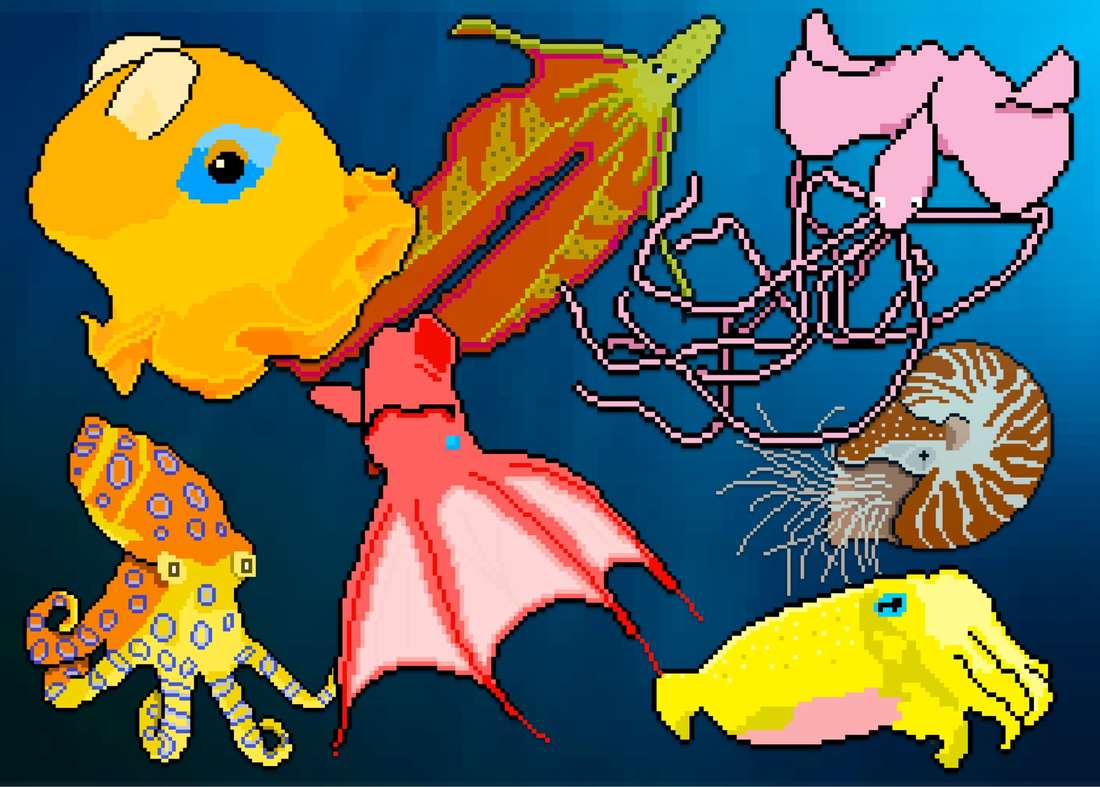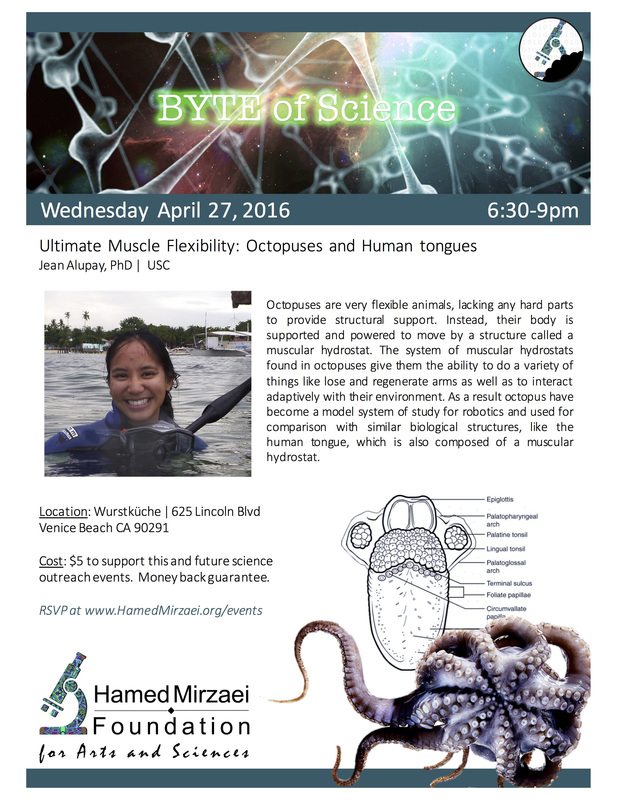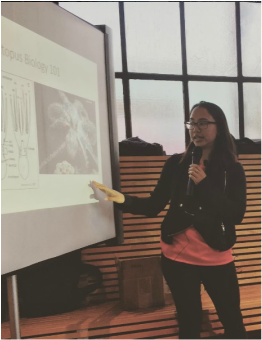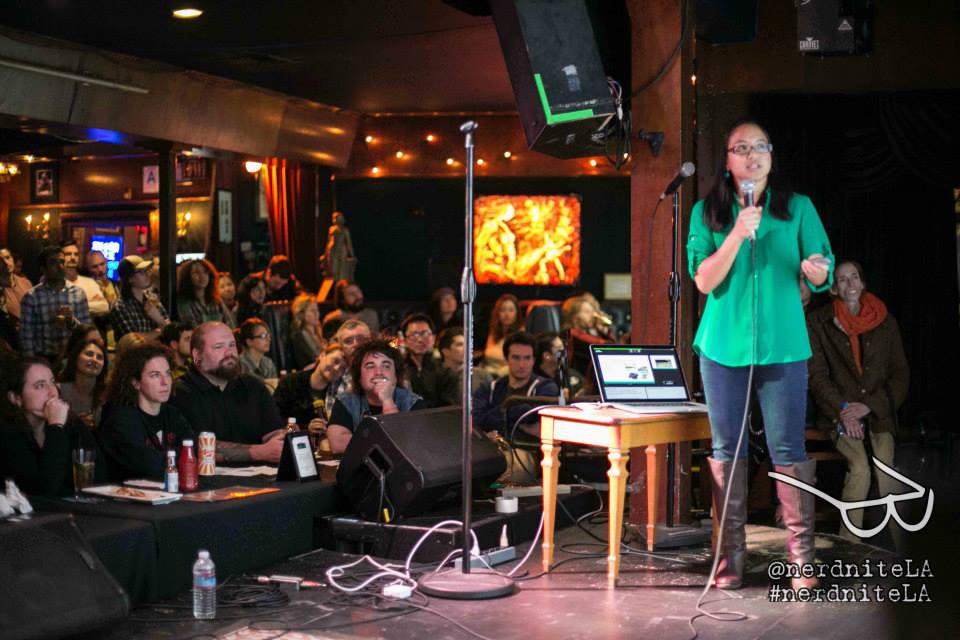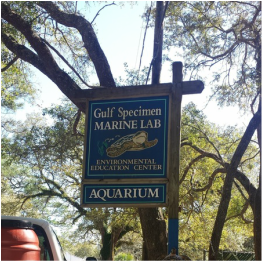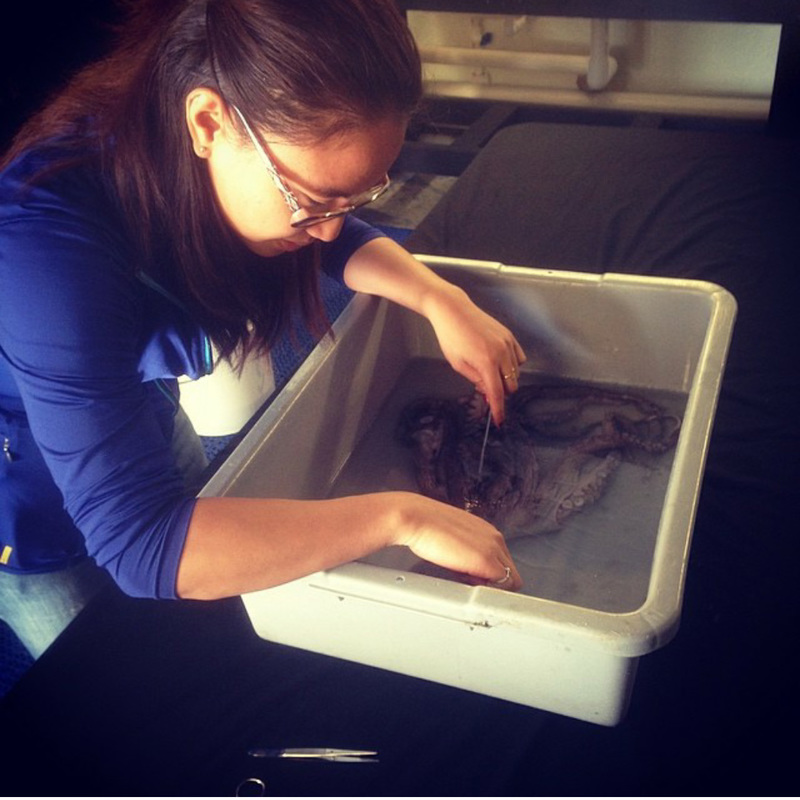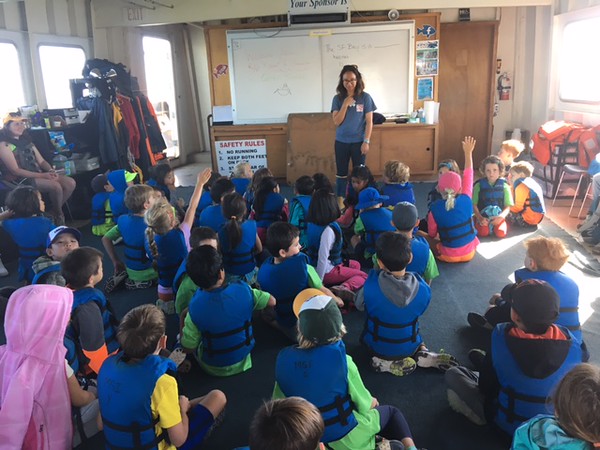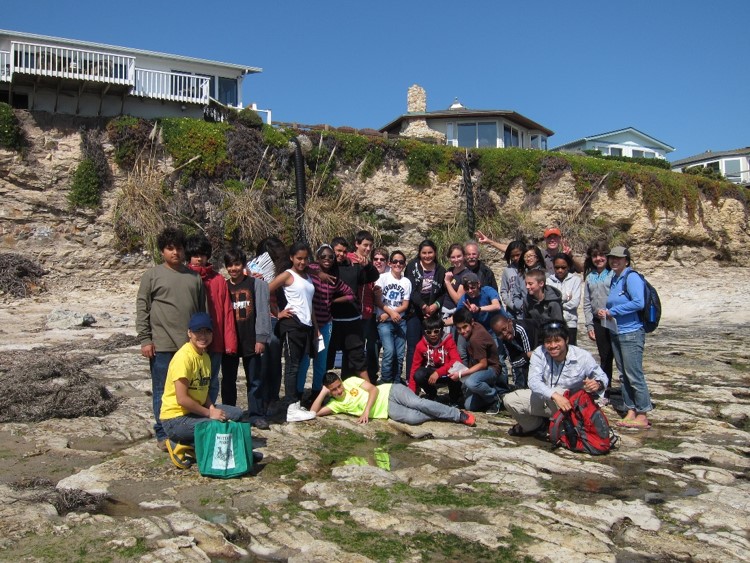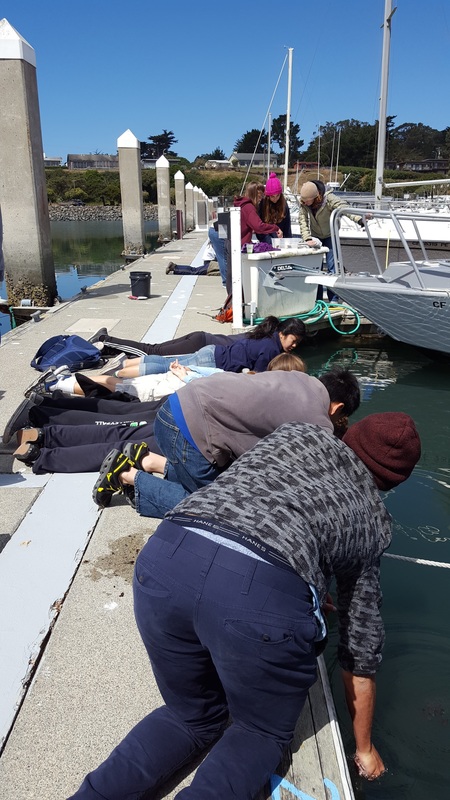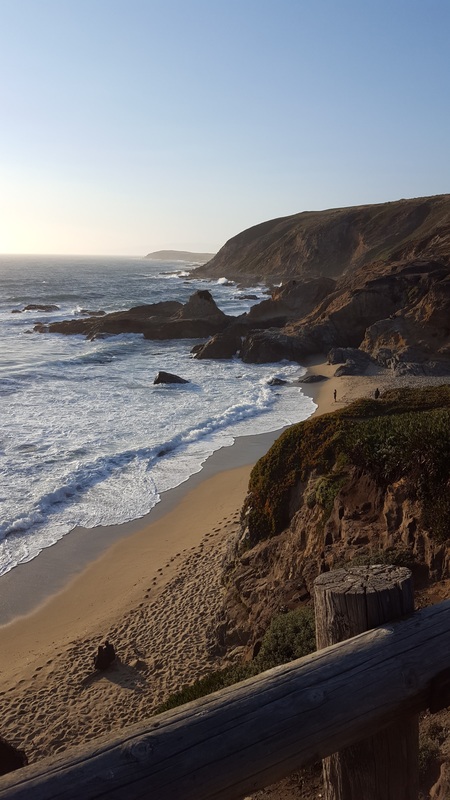Education & Outreach
|
|
Science Friday"Love and war in the world of the cephalopod"ABSTRACT: The fourth annual Cephalopod Week kicks off with a cephalopod matchmaker and a researcher studying octopus defenses. You may know that cephalopods use camouflage, mimicry, and ink squirts to make a slick getaway from predators or to capture prey. But have you heard of the "passing cloud" or the "fish slap"? Octopus researcher Jean Alupay describes these lesser-known octopus behaviors.
BYTE of Science"Ultimate muscle flexibility: Octopuses and human tongues"ABSTRACT: Octopuses are very flexible animals, lacking any hard parts to provide structural support. Instead their body is supported and powered to move by a structure called a muscular hydrostat. The system of muscular hydrostats found in octopuses give them the ability to do a variety of things like lose and regenerate arms as well as to interact adaptively with their environment. As a result octopus have become a model system of study for robotics and used for comparison with similar biological structures like the human tongue, which is also composed of a muscular hydrostat.
You're the Expert Radio Show"Octopus Defenses"ABSTRACT: Dr. Jean Alupay is an octopus expert at USC. Comedians Scott Adsit (30 Rock), Emily Maya Mills (Parks and Rec), and Josh Sharp (CBS) try to guess what Dr. Alupay studies and learn the mysteries of the deep. Whether you're a human or a three-hearted boneless sea creature, this episode is for you. Hosted by Chris Duffy. Produced by Pretty Good Friends. Recorded in front of a live audience at the Nerdist Showroom in Los Angeles, CA.
Nerd Nite Los Angeles"Eight is enough? The wonders of octopus arms and their relation to our tongue"ABSTRACT: Animals have evolved different ways of defending themselves in nature, including autotomy - the ability to get rid of a piece of your body, like a lizard losing its tail. Octopuses can do this with all eight of their arms which, physiologically, are very similar to our human tongue. During the talk, Dr. Jean Alupay discusses octopus autotomy and how current research on the octopus arm is informing us about how our tongues move when we speak.
|
|
|
Gulf Specimen Marine LabOctopus DissectionDESCRIPTION: Dr. Jean Alupay dissects an Octopus vulgaris from the Gulf of Mexico in Panacea, Fl. She shows the general public the cool inner workings of this marine animal and answers questions regarding behavior of the live octopus on display.
Marine Science CampInstructor, Marine Science InstituteDESCRIPTION: Experience. Learn. Protect
Summer is the time to explore and enjoy the outdoors. Marine Science Camp is a wonderful way for children to excite their curiosity and enthusiasm for learning about, and caring for, the environment. Dr. Jean Alupay was one of nine instructors leading campers in discovering local habitats and animals at the Redwood City site and through field trips across the Bay Area, including a day-long trip aboard their research vessel, the Robert G. Brownlee. "Exploring California Biodiversity"Graduate GK-12 Education FellowDESCRIPTION: Dr. Jean Alupay was one of three Graduate Student Fellows funded by the NSF to teach 7th grade biology once a week for one school year at Mira Vista School in Richmond, California. She and her colleagues developed weekly hands-on lesson plans and coordinated multiple field trips to urban and wild habitats to observe and understand local biodiversity.
Residential Ocean Sciences Research CampMuseum Instructor, Lawrence Hall of ScienceDESCRIPTION: Dr. Jean Alupay was one of four Museum Instructors from the Lawrence Hall of Science leading high school students in a week long marine science summer program at the UC Davis Bodega Marine Laboratory. Students participated in both field and laboratory activities, exploring different marine environments and animal groups. The main goal of the program is for students to design a research project, conduct experiments, and present their findings to their peers.
|
